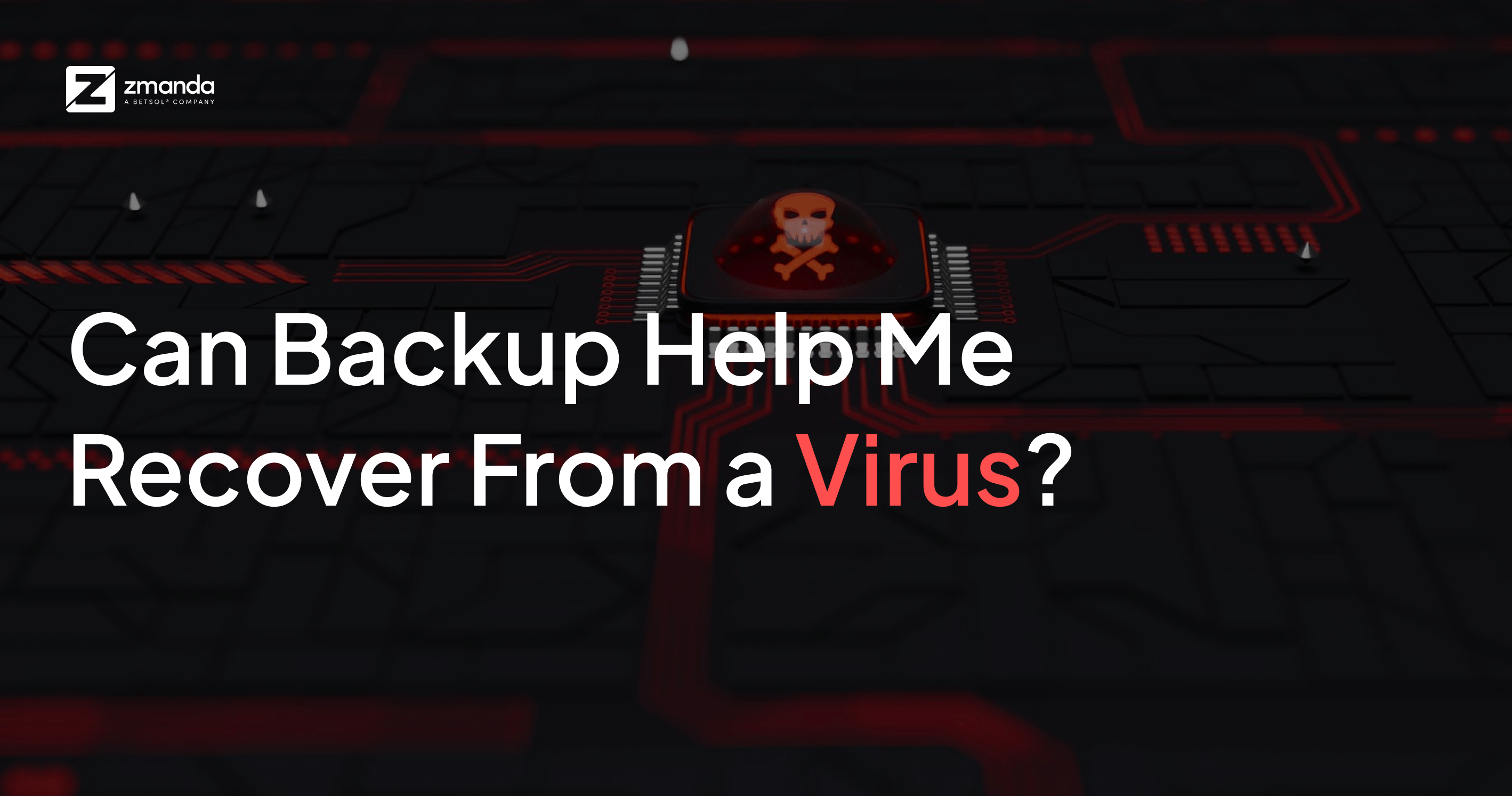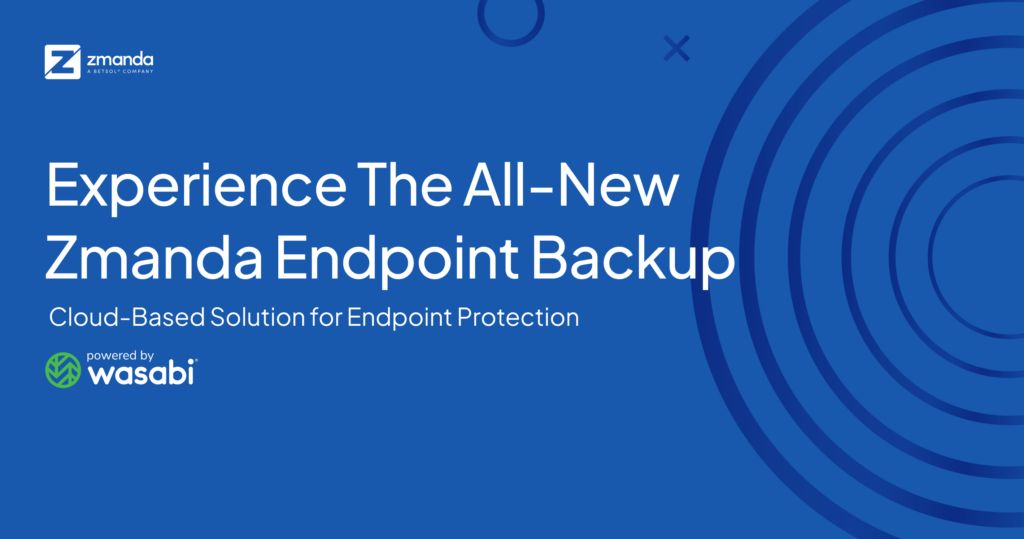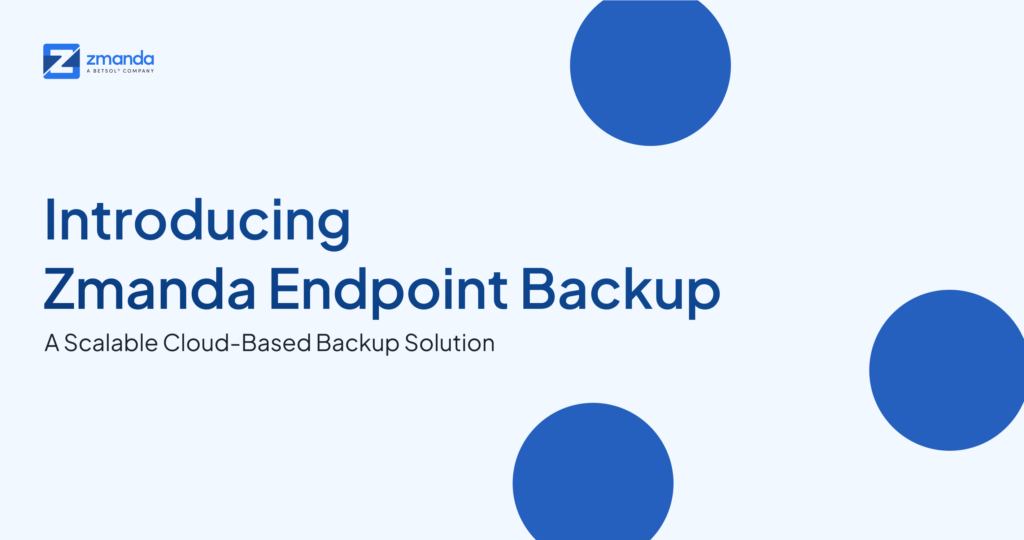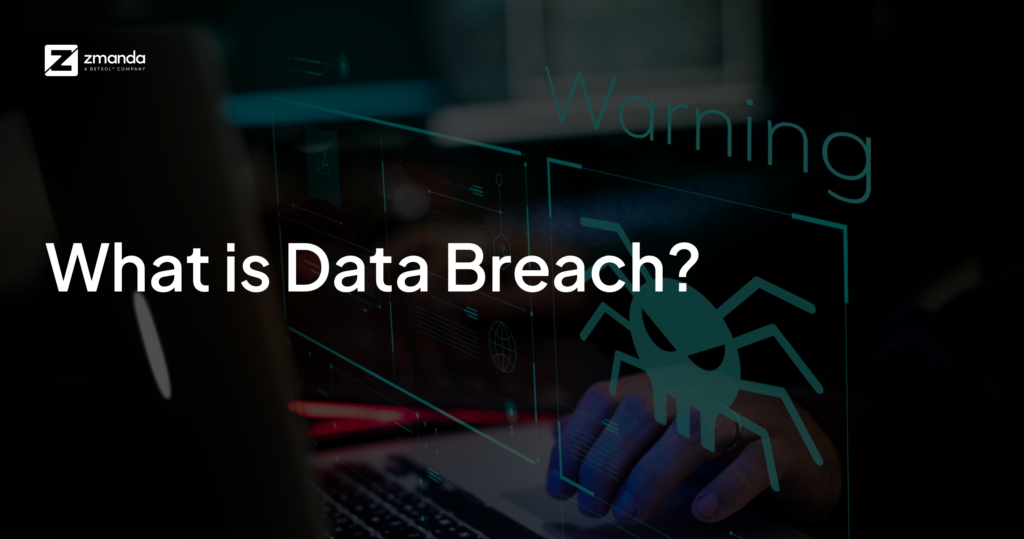
Backup is a lifesaver, especially when it comes to recovering from a virus. If a malicious file were to infect your system, you can easily go back to your previous state without any hassle.
Giving some context on why backups are necessary, you might remember somewhere around 2017, a program called WannaCry broke the internet. That program is called ransomware, a type of a virus that forces the user to pay a certain amount, called a ransom if they want to get back access to their data. Despite having antivirus software, 4 days after WannaCry was first detected, it was detected in more than 250,000 systems over 116 countries.
It spread fast by exploiting a loophole in a communication protocol. This was just one of the viruses (technical term being ransomware) that affected us recently. There are other worse ones, like TeslaCrype, SimpleLocker, etc., that have had major severe consequences.
Find a complete list here.
With this malicious software on the rise, the one question that must be answered is who is creating this software and what is their incentive. One of the most obvious reasons is “money”. There is a phrase that goes around a lot, “Data is the new oil”, and it is true.
The end outcome is that we create a lot of data and it’s valuable.
Imagine that you finished your school presentation after spending weeks preparing, researching, and creating it. Now imagine that it is lost or stolen through ransomware. Would that be a devastating loss? Most would say yes. Because we depend on our computers and the data that we create. We depend on it always being accessible. But if you had no choice but to pay some amount to retrieve it, you probably would.
There are increasing incentives for hackers to come up with better, more sophisticated ways to force you to pay them a ransom.
Is there a solution? Yes.
Ensuring that your data can be recovered in a very easy manner is super crucial in ensuring you are not held hostage to these problems. There are 2 ways to prevent these problems from happening.
1. Anti-virus – A software that prevents things from getting worse
The main objective of an antivirus is to undo damage to your system. Thus, if a virus were to attack your system, there would be a good chance that the antivirus would prevent it from spreading. This may not always be the case as actual outcomes depend on the type of antivirus your system has. But there is one small critical detail which we must be aware of.
Antivirus can only work once the malware/virus is detected.
If it’s not detected, you would realize it when it’s too late and then an antivirus would be rendered useless.
2. Backup –Don’t get stuck worrying about losing data from a virus
The core objective of your backup is to ensure that your data is always safely stored and can easily be recovered under any circumstances. This means, if a virus attached your system or if your system crashed, your data would always be safe.
It’s normally achieved using 2 approaches. A cloud backup, where all your data has stored the cloud or a local backup, where your data is stored locally. When backup data is stored locally, it usually resides in the D drive or an external hard drive.
The main benefit of the cloud-based approach is that your data is stored in a remote server that exits in a very secure environment. Unlike the fear of losing your external hard drive, the only thing you must worry about with cloud backup is losing your password.
Side note – It’s easy to reset your password should you forget it.


